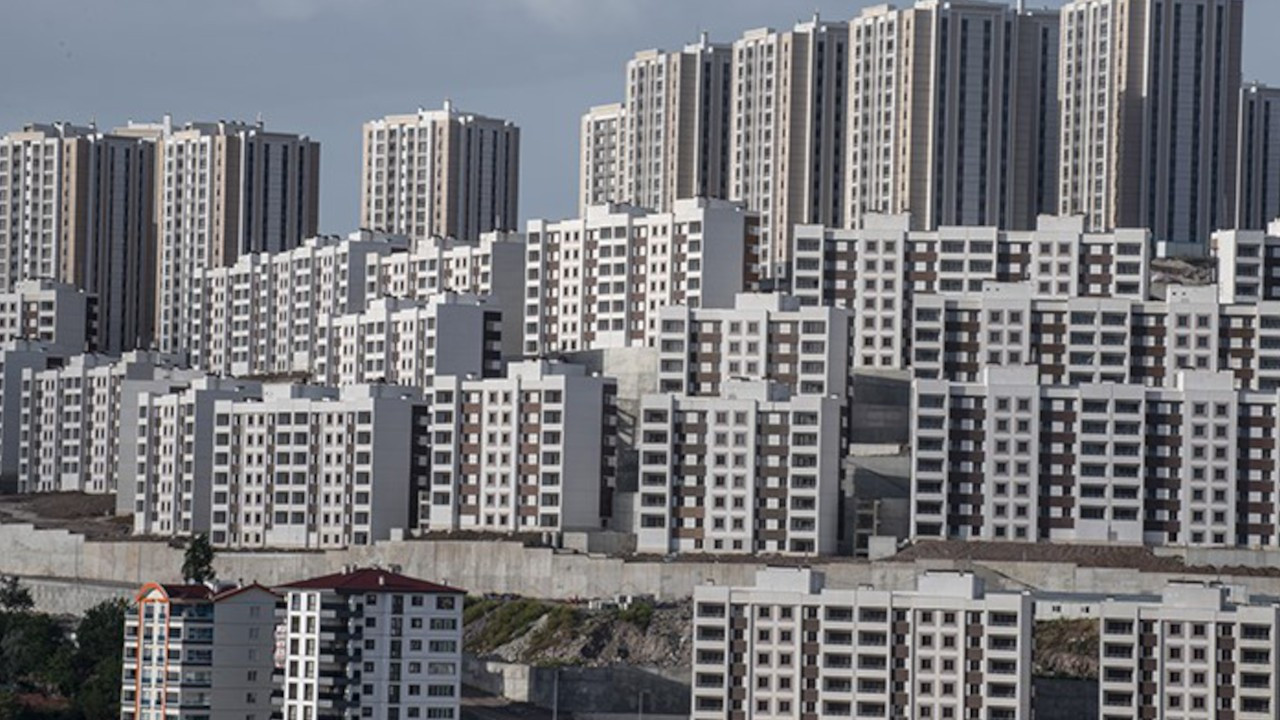Social Housing in the Republic of Turkey
The document titled “Social Housing in the Republic” presents a detailed examination of social housing policies and practices, focusing on their implications for residents and the broader community. It addresses the challenges faced by social housing systems, particularly in emerging economies, and proposes strategies for improvement. The authors emphasize the importance of adequate housing as a fundamental human right and a critical component of social equity.
 Introduction
Introduction
Social housing refers to affordable housing provided by the government or non-profit organizations to ensure that low-income individuals and families have access to decent living conditions. The document underscores that social housing is not merely about providing shelter; it encompasses a range of services and support systems that contribute to the overall well-being of residents. The need for effective social housing policies has become increasingly urgent due to rising urbanization, economic disparities, and the impacts of climate change.
Current Landscape of Social Housing
The report outlines the existing state of social housing in various regions, highlighting both successes and shortcomings. Key points include:
- Diverse Models: Different countries employ various models of social housing, influenced by their unique socio-economic contexts. These models range from public housing projects to community-led initiatives.
- Funding Challenges: Many social housing programs face financial constraints, limiting their ability to expand and improve existing facilities. This issue is exacerbated by competing budget priorities within governments.
- Quality Concerns: A significant concern is the quality of social housing units. Many properties suffer from inadequate maintenance, leading to poor living conditions that can adversely affect residents’ health and well-being.
Challenges in Social Housing
The document identifies several critical challenges facing social housing systems:
- Affordability: Despite being designed for low-income residents, many social housing units remain unaffordable due to rising costs and insufficient subsidies.
- Stigmatization: Residents of social housing often face stigma and discrimination, which can hinder their integration into broader communities and limit their opportunities for social mobility.
- Inadequate Support Services: Effective social housing should include support services such as job training, healthcare access, and educational opportunities. However, many programs lack these essential services.
Proposed Strategies for Improvement
To address these challenges, the authors propose several strategies aimed at enhancing the effectiveness of social housing programs:
- Integrated Approaches: Social housing should not be viewed in isolation but rather as part of a broader urban development strategy that includes transportation, employment opportunities, and community services.
- Community Engagement: Involving residents in decision-making processes can lead to better outcomes. Engaged communities are more likely to advocate for their needs and contribute to maintaining their environments.
- Sustainable Practices: Incorporating sustainable building practices can improve the quality of social housing while reducing long-term operational costs. This includes using energy-efficient materials and designs that minimize environmental impact.
- Policy Reform: Governments should consider reforms that enhance funding mechanisms for social housing, ensuring that resources are allocated effectively and transparently.
- Capacity Building: Training programs for local authorities and organizations involved in social housing can improve management practices and service delivery.
Conclusion
The document concludes by reiterating the importance of addressing the challenges facing social housing systems to ensure that all individuals have access to adequate living conditions. By adopting integrated approaches that prioritize community engagement, sustainability, and effective policy reform, stakeholders can create more resilient and equitable social housing landscapes. The authors call for a collective effort from governments, non-profits, and communities to reimagine social housing as a vital component of urban development that fosters inclusivity and enhances quality of life for all residents.In summary, “Social Housing in the Republic” emphasizes that adequate housing is not just a necessity but a fundamental right that requires ongoing commitment from all sectors of society. By addressing current challenges with innovative solutions, we can move towards a future where everyone has access to safe, affordable, and supportive living environments.
More reading:
Social Housing (Regulation) Act 2023 – essential guide | Trowers & Hamlins law firm
[PDF] The Social Housing White Paper – Summary and actions committee.nottinghamcity.gov
The social housing white paper: definitive guide – IFF Research iffresearch
